Hundreds Of Christian Leaders Denounce Anti-LGBTQ 'Nashville Statement'

A day after evangelical leaders released a manifesto railing against same-sex marriage and the LGBTQ community, hundreds of Christian leaders and thousands of other concerned citizens have come forward with strong messages of inclusion.
“WE AFFIRM that every human being is created in the image and likeness of God and that the great diversity expressed in humanity through our wide spectrum of unique sexualities and gender identities is a perfect reflection of the magnitude of God’s creative work,” expressed one statement, titled “Christians United,” signed by over 300 religious leaders, educators and activists from all major Christian denominations.
“We stand in solidarity with LGBTQ folks, and commit to standing alongside them in the work of resisting those who persecute them,” read a statement released by The Liturgists, a faith-based artists’ collective that produces a popular podcast by the same name.
The affirmations were a response to Tuesday’s “Nashville Statement” by a coalition of over 150 evangelical leaders. The document not only doubles down on the belief that marriage should be between a man and a woman but also asserts that God created two distinct sexes, that sex outside of heterosexual marriage is sinful and that LGBTQ-affirming people can’t call themselves Christians.
“There are many ‘evangelicals’ who are trying to convince other evangelicals that homosexual immorality is a special case,” wrote Denny Burk, one of the architects of the Nashville Statement, in a defense of the document. “Anyone who persistently rejects God’s revelation about sexual holiness and virtue is rejecting Christianity altogether, even if they claim otherwise.”
The divisive and bizarrely-timed statement drew harsh criticism from many other Christians, members of the LGBTQ community and even the mayor of Nashville.
The @CBMWorg's so-called "Nashville Statement" is poorly named and does not represent the inclusive values of the city & people of Nashville
— Megan Barry (@MayorMeganBarry) August 29, 2017
“Yet again, powerful people of means use the platform of the Church to demean the basic dignity of gay, bisexual, lesbian, trans, intersex, and queer people,” asserted The Liturgists’ statement, which had garnered over 3,500 signatures by Wednesday afternoon. It continued:
This isn’t new. “Biblical” morality has been used to justify slavery, resistance to interracial marriage, genocide, and war. The scope of the Bible’s narrative allows a broad interpretation of what is right and moral, and both the church and society at large have moved toward universal justice and acceptance on issues once thought to be “crystal clear.”
It’s high time Christians heard from a different moral authority on queer identity, said Brandan Robertson, a pastor and LGBTQ activist who drafted the “Christians United.”
“Conservative evangelicals often get the most air time, polluting the image of Christianity as one that is exclusive, condemning, and archaic,” Robertson told HuffPost. “The reality is that there is a rapidly growing wave of Christians around the world that embrace an inclusive, unifying, healing message, and that’s what I had hoped to portray in this statement.”
Americans, overall, including members of all U.S. Christian affiliations, are becoming increasingly accepting of the LGBTQ community. Several Christian denominations, including the Episcopal Church and the Presbyterian Church (U.S.A.), have affirmed same-sex marriage in recent years.
But LGBTQ people still face daily violence and discrimination. One recent report by the National Coalition of Anti-Violence Programs found that more LGBTQ people were killed this year in hate-related crimes by the beginning of August than in all of 2016.
“Personal beliefs about human sexuality have life-or-death consequences in our world,” wrote The Liturgists. “The social and systemic persecution of LGBTQ people creates real harm: limited and lost employment, physical assault, discrimination, depression, and suicide. This is not of God.”
The Rev. Paul Brandeis Raushenbush, senior vice president of Auburn Seminary, called on faith leaders across the U.S. religious landscape to denounce the “Nashville Statement” and show solidarity with the LGBTQ community.
“Yesterday’s ‘Nashville Statement’ weaponizes Christianity to attack the rights and lives of LGBTQ people,” he wrote in a statement. “We ask that all leaders of faith and moral courage embrace and build an inclusive loving worldview, united in one belief: We are all God’s children, each deserving dignity and love.”
Also on HuffPost
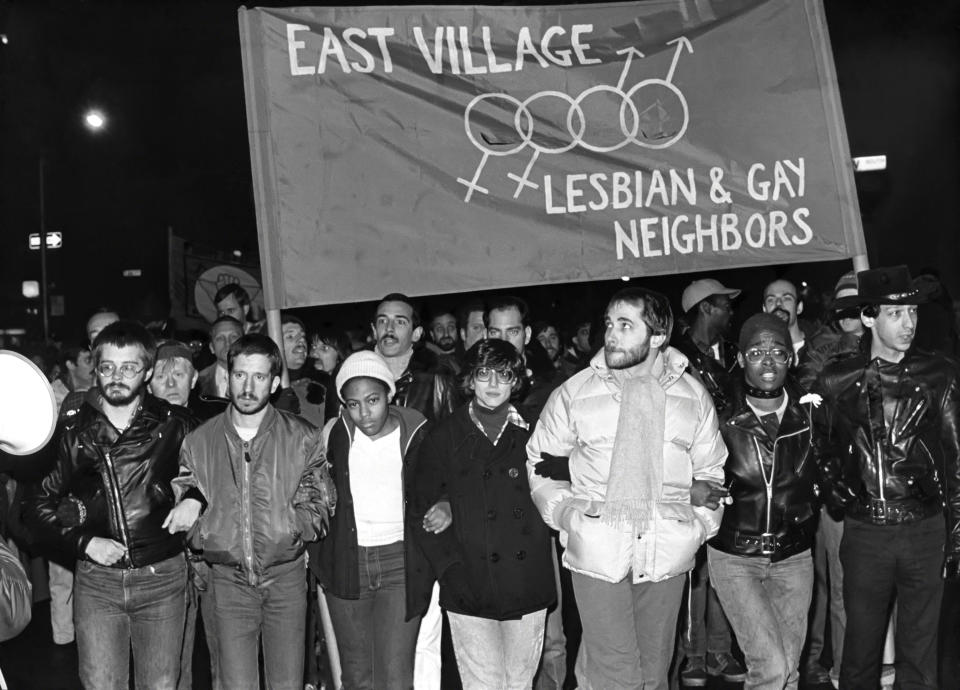
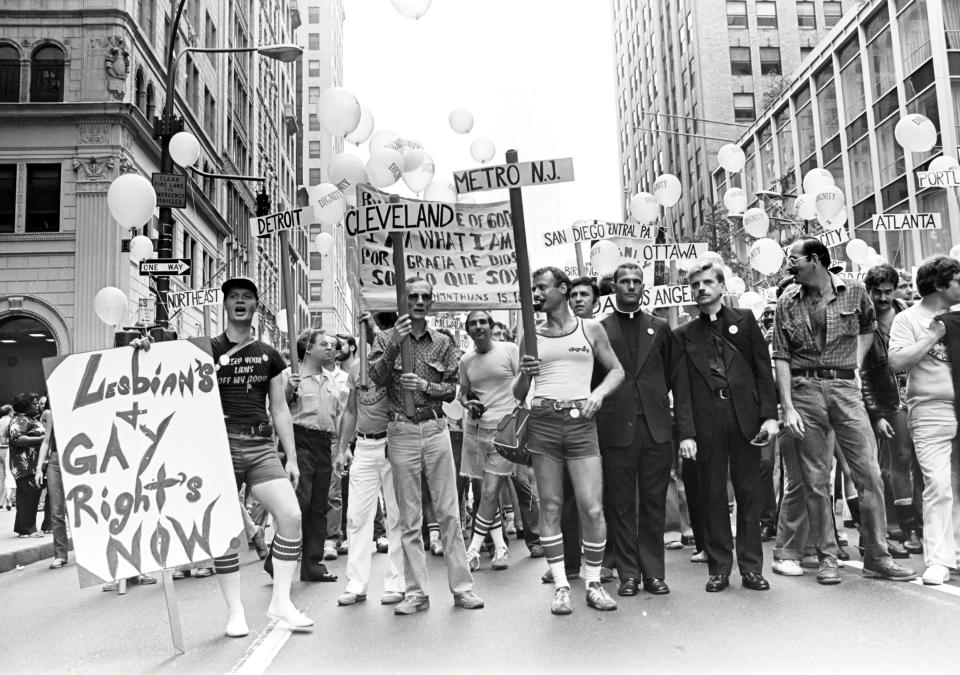
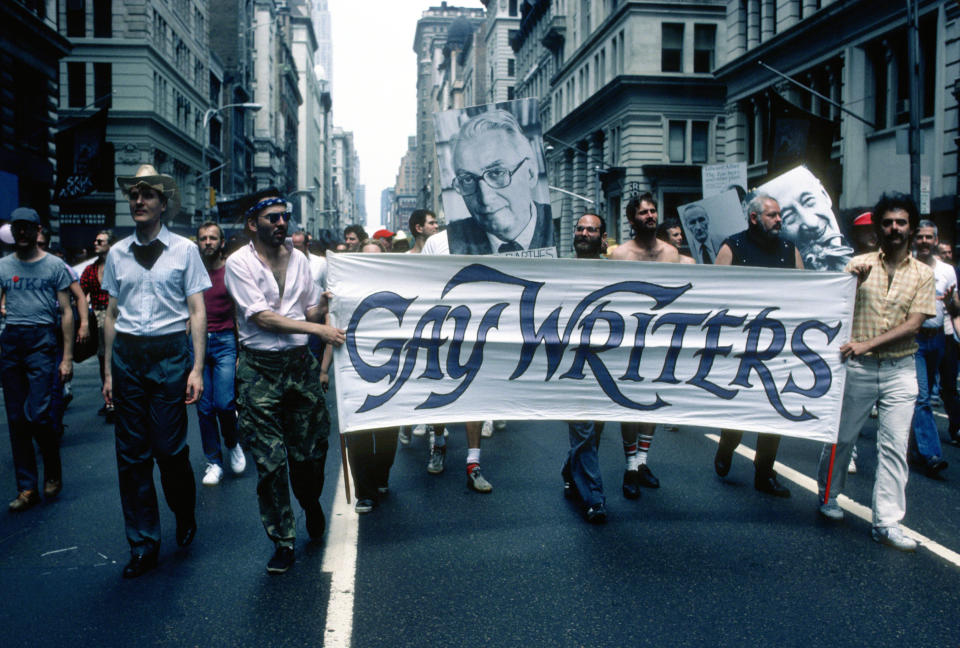
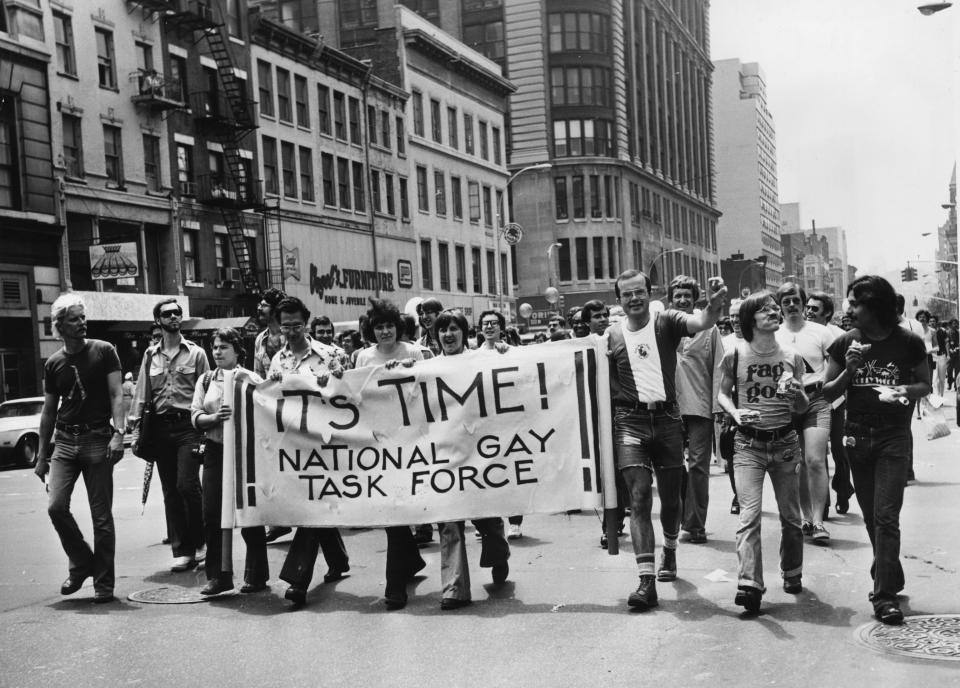
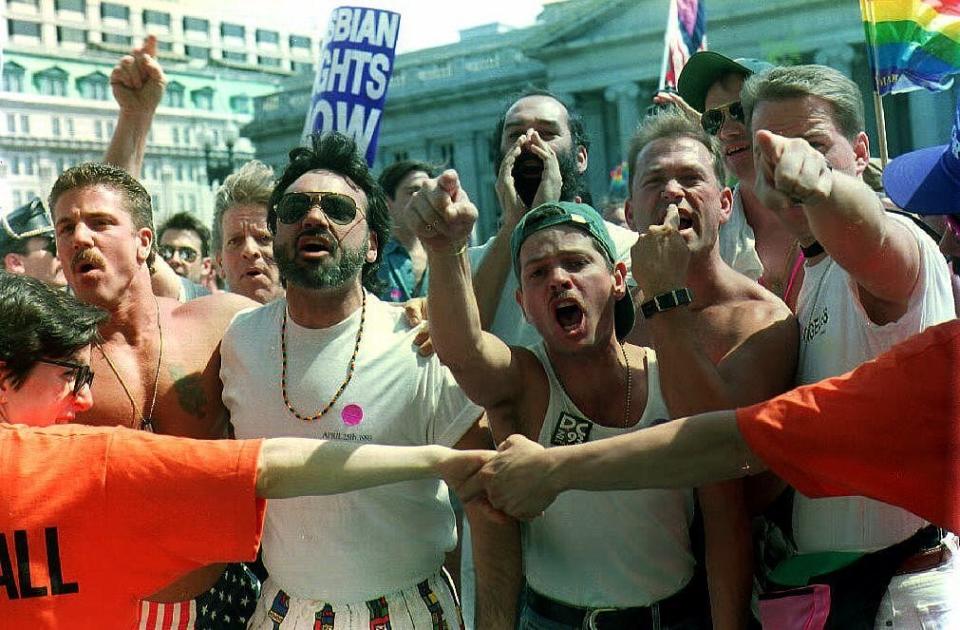
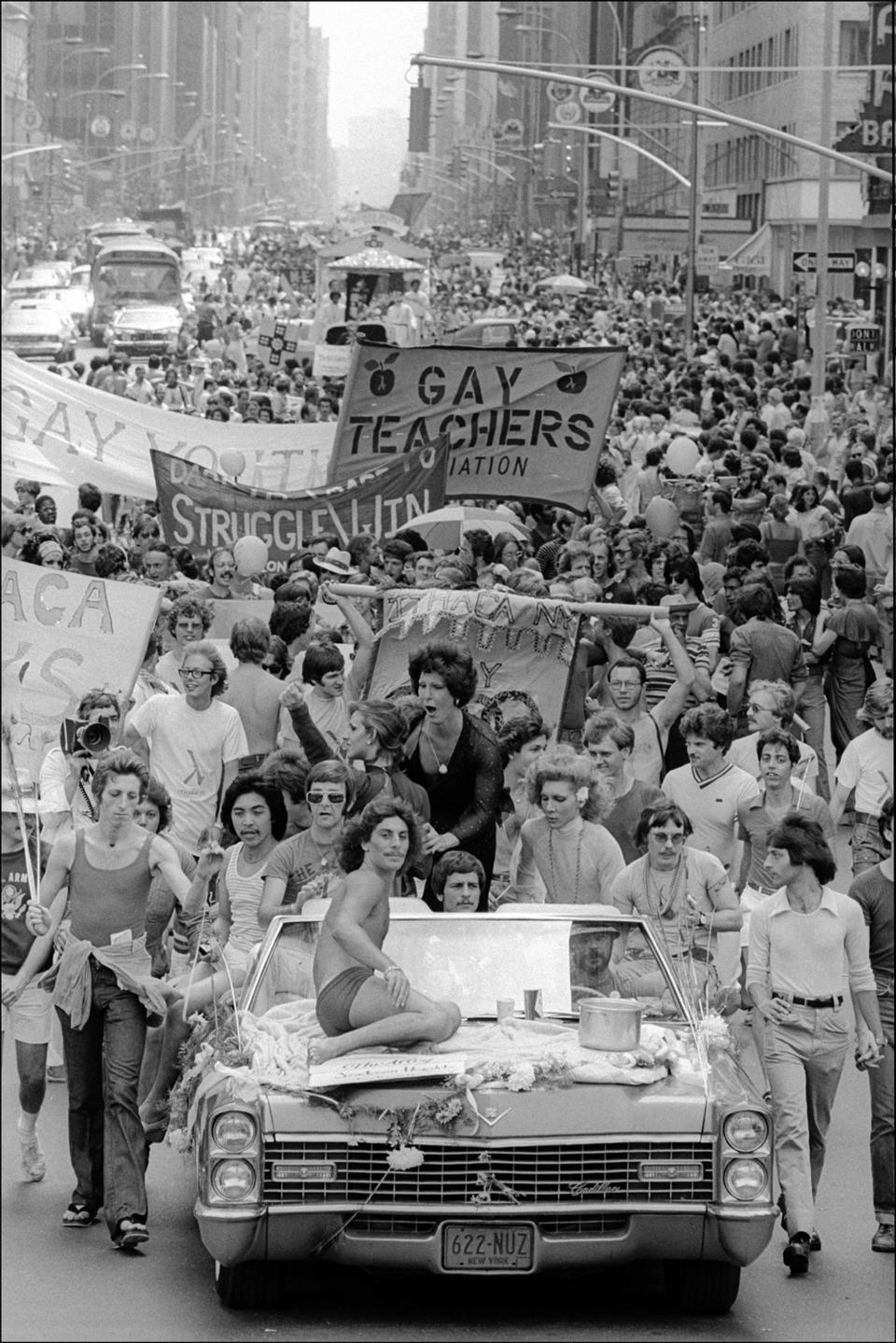
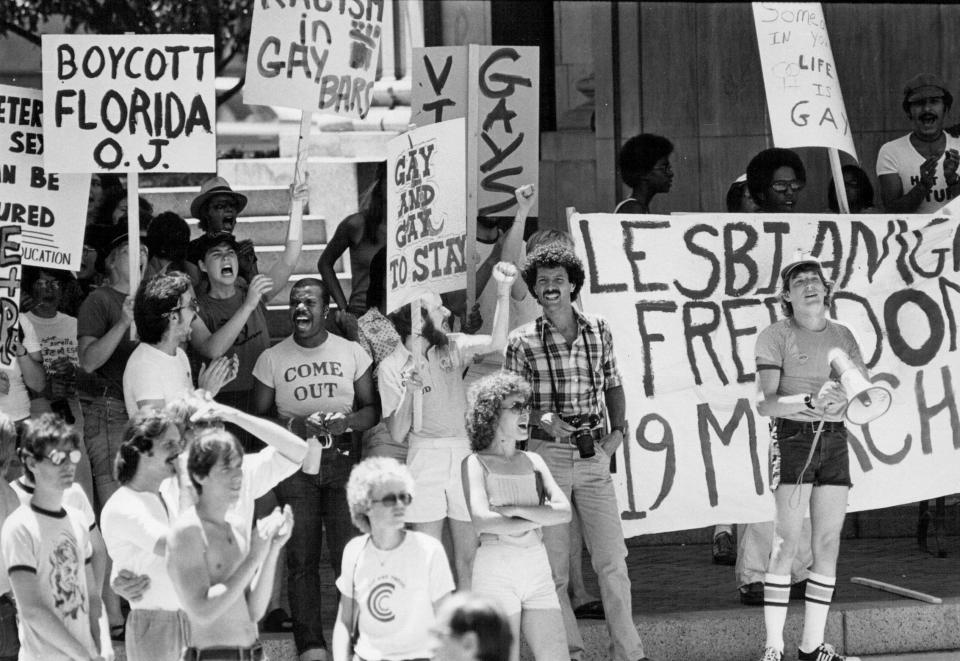
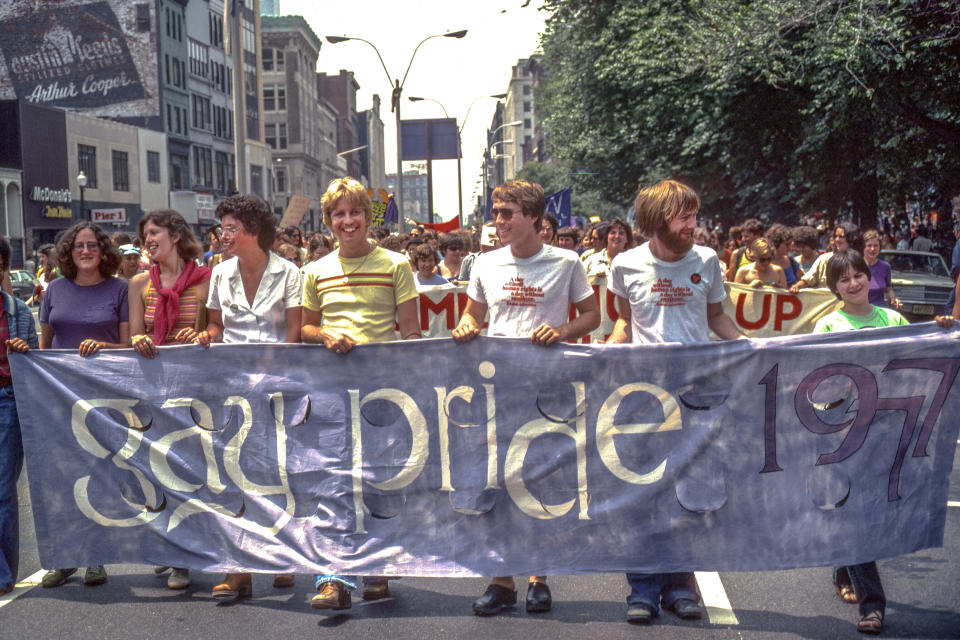
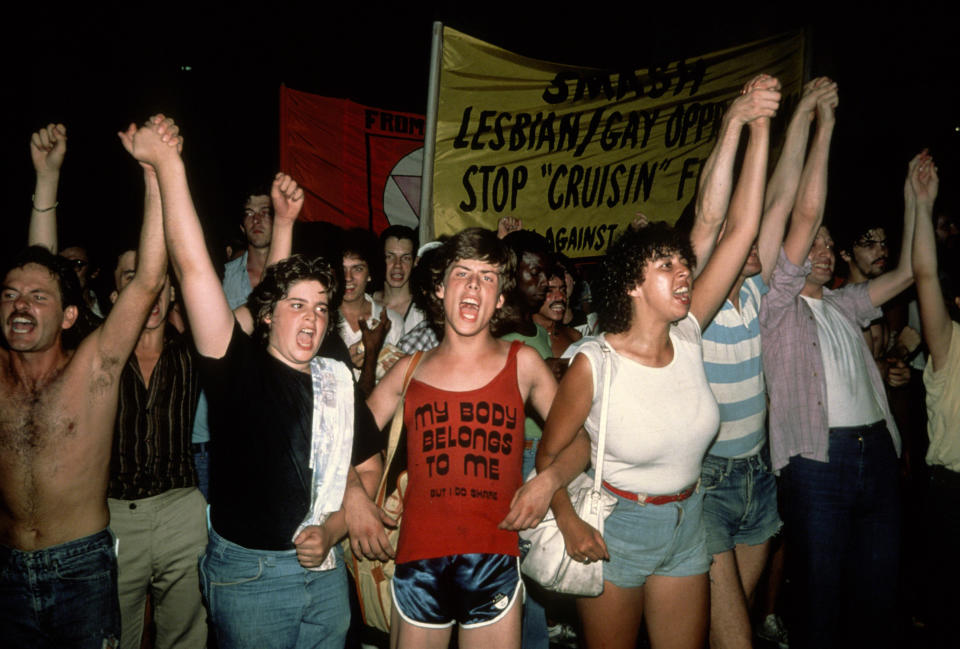
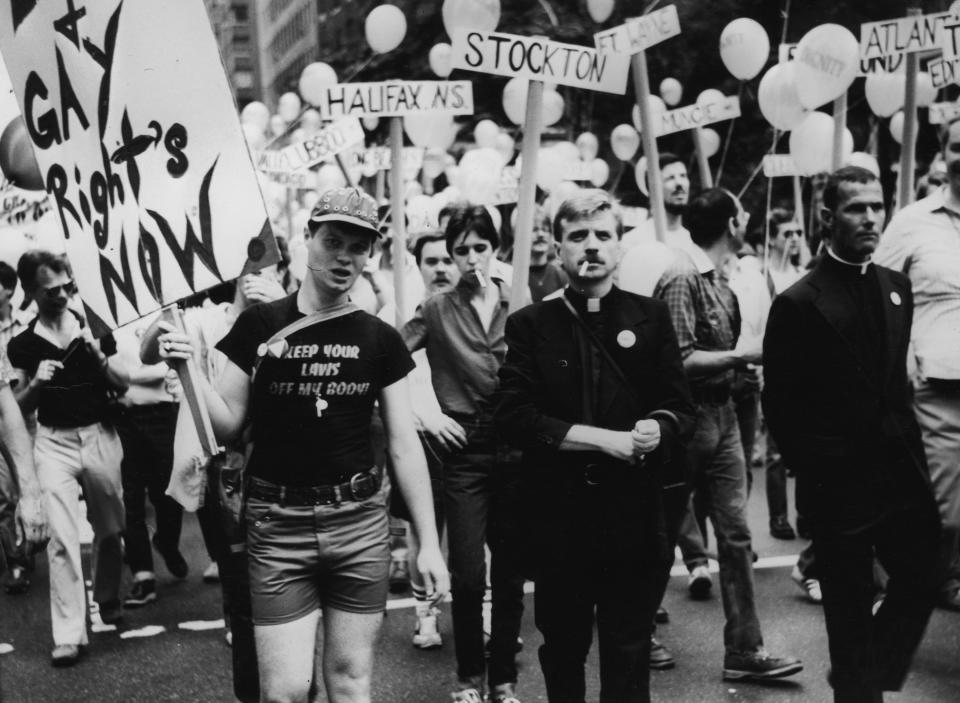
Love HuffPost? Become a founding member of HuffPost Plus today.
This article originally appeared on HuffPost.

